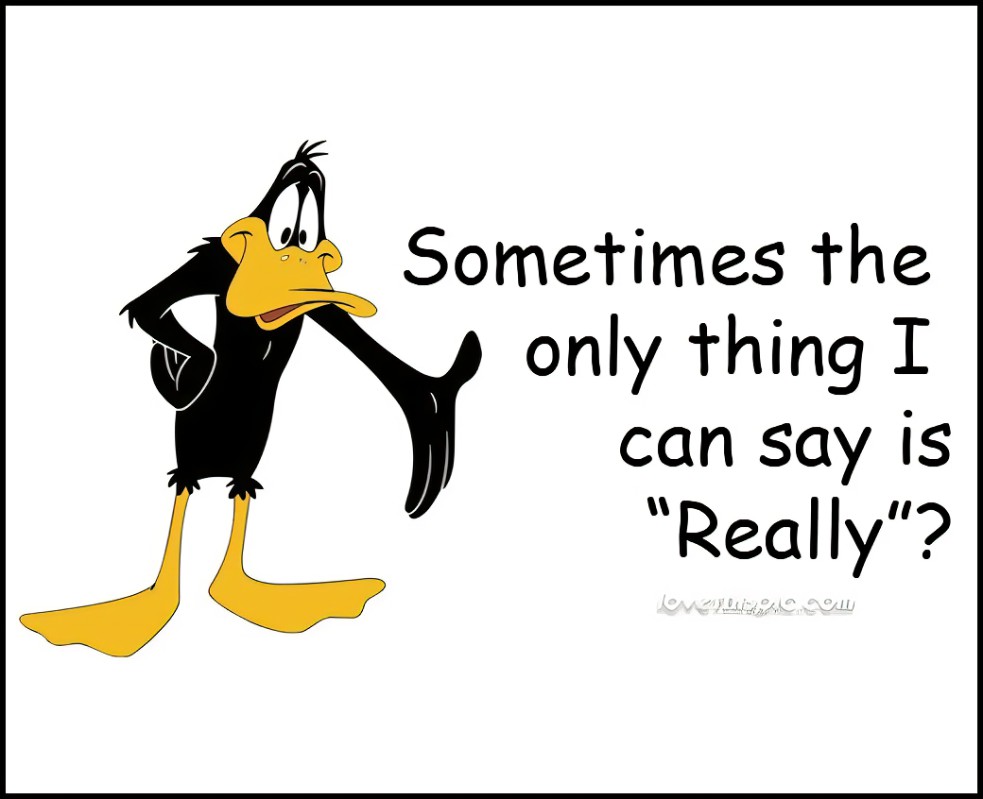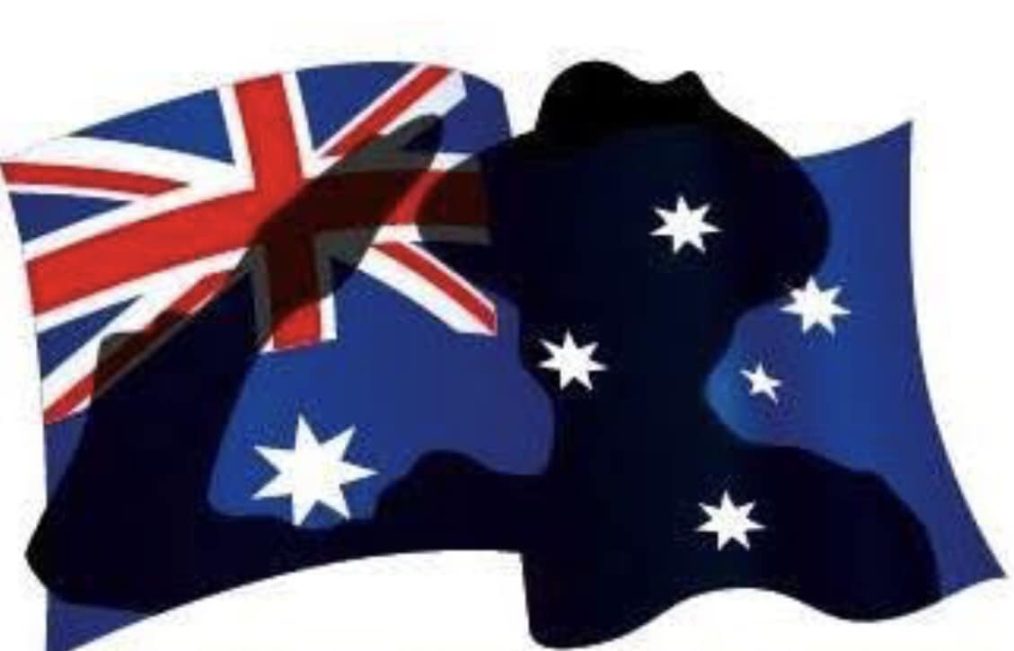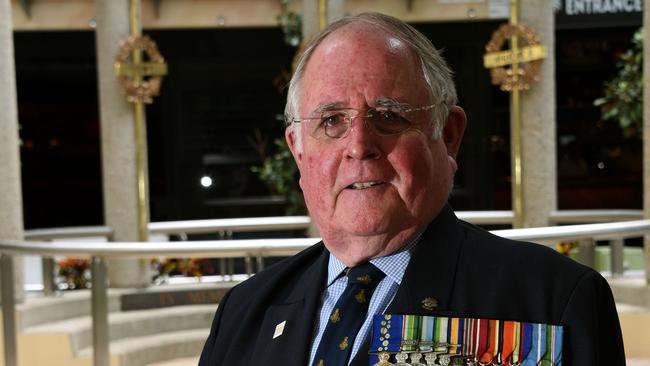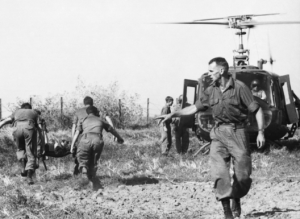When the shearing sheds are silent, and the stock camps fallen quiet
When the gidgee coals no longer glow across the outback night
And the bush is forced to hang a sign, ‘gone broke and won’t be back’
And spirits fear to find a way beyond the beaten track
When harvesters stand derelict upon the wind-swept plains
And brave hearts pin their hopes no more on chance of loving rains
When a hundred outback settlements are ghost towns overnight
When we’ve lost the drive and heart we had to once more see us right
When ‘Pioneer’ means a stereo and ‘Digger’ some backhoe
And the ‘Outback’ is behind the house. there’s nowhere else to go
And ‘Anzac’ is a biscuit brand and probably foreign owned
And education really means brainwashed and neatly cloned
When you have to bake a loaf of bread to make a decent crust
And our heritage once enshrined in gold is crumbling to dust
And old folk pay their camping fees on land for which they fought
And fishing is a great escape; this is until you’re caught
When you see our kids with Yankee caps and resentment in their eyes
And the soaring crime and hopeless hearts is no longer a surprise
When the name of RM Williams is a yuppie clothing brand
And not a product of our heritage that grew off the land
When offering a hand makes people think you’ll amputate
And two dogs’ meeting in the street is what you call a ‘Mate’
When ‘Political Correctness’ has replaced all common sense
When you’re forced to see it their way, there’s no sitting on the fence
Yes, one day you might find yourself an outcast in this land
Perhaps your heart will tell you then, ‘ I should have made a stand’
Just go and ask the farmers that should remove all doubt
Then join the swelling ranks who say, ‘ Don’t sell Australia out!’
Author credit- Chris Long
Far North Queensland











